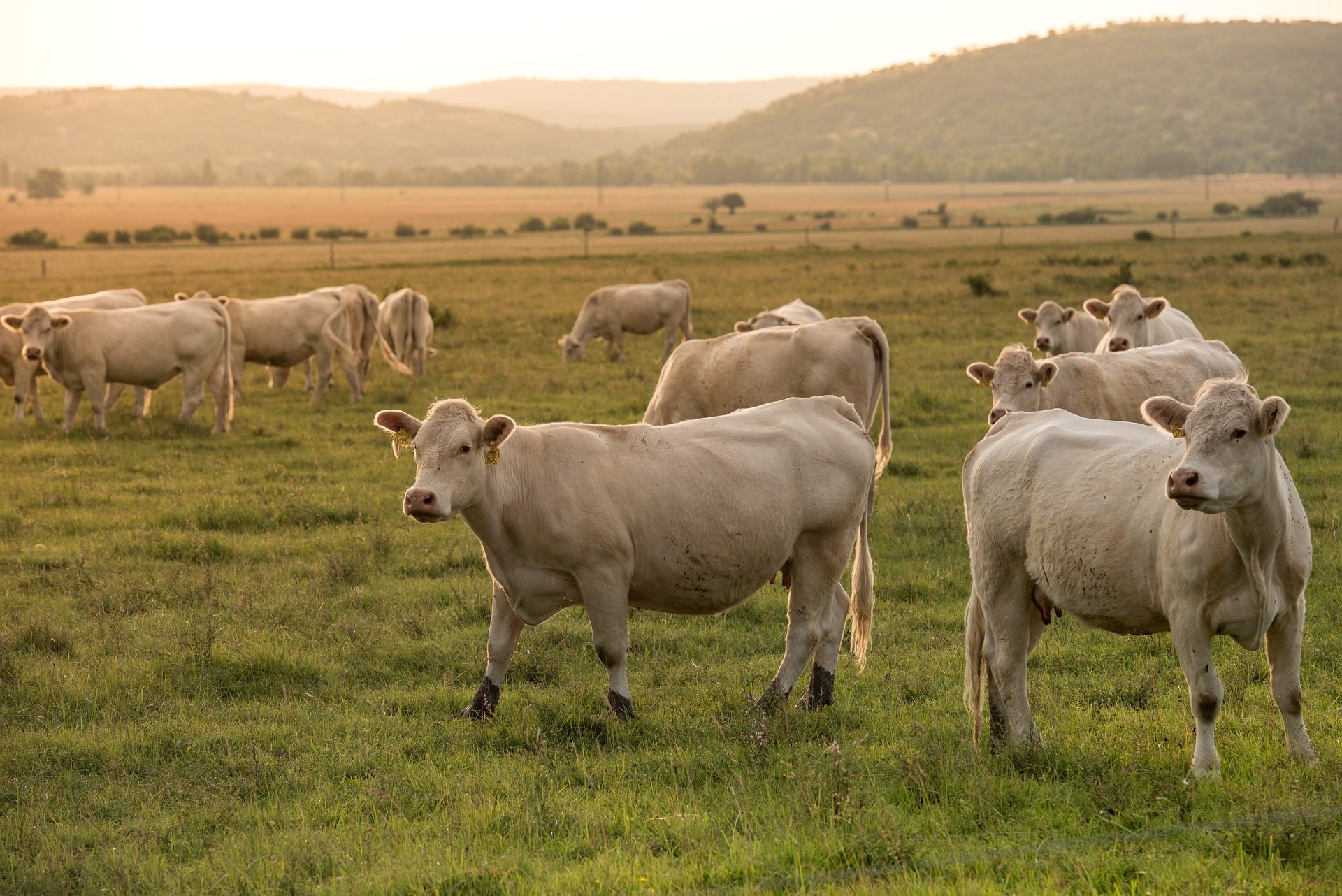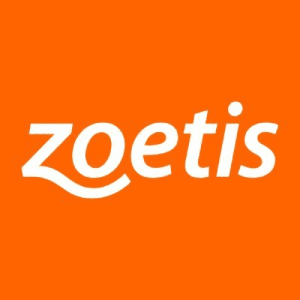Funded by
Scope
Grant Details:
- WARF Accelerator will award 5-10 early-stage projects from a pool of $200,000, co-funded by WARF and Zoetis. Typical awards are less than $40,000.
- Proposed research should be completed within a year.
- Project team must include a Principal Investigator (PI) at UW-Madison or the Morgridge Institute for Research.
- A team of WARF staff and Zoetis staff will evaluate and select proposals jointly.
- Zoetis receives no rights to any IP.
- Zoetis will make a Zoetis mentor available to funded projects.
Animal Health Challenge Focus:
We are seeking innovative projects that focus on new ways of identifying, preventing or treating disease, including parasitic infections of both livestock and companion animals, all toward the goals of improving overall health and increasing efficiencies in meat and/or milk production.
Example projects may include:
Infectious Disease & Parasitology
- Repellency mechanisms and potential products to deter parasites (e.g., biting flies, flying insects, flea, ticks).
- Identification of essential parasite genes or pathways using innovative and novel approaches (e.g., omics technologies, CRISPR/Cas9 or RNAi).
- Development of high-throughput or high-content screening assays for whole-cell or stage-specific parasite models.
- Studies exploring host immune responses, parasite evasion strategies or host-targeted therapies.
Ruminant Health & Production Efficiency
- Exploration of targets or agents that influence increased health and improve efficiencies in meat and/or milk production.
- Investigation of existing targets, pathways or agents from human and animal health for use in cattle.
- Use of AI, machine learning or bioinformatics to predict targets, optimize compounds or analyze large datasets.
- Translational Models: Development of in vitro or in vivo models that better mimic infection, metabolic challenges and disease progression with a focus on those relevant to periparturient cattle.
- Investigation of the role of microbiomes in disease resistance and overall health.
Even if your idea is outside of these examples or is very early stage, please consider submitting an application. We are interested in hearing your idea!
Assessment Criteria:
- Scientific merit
- Novelty of the concept (not previously disclosed to WARF)
- Technical readiness
- Commercial potential
- Quality of the application
Apply
To Apply:
- Individuals and teams should complete these questions and submit them as an attachment to your innovation disclosure. Please include “Animal Health Challenge” in the non-confidential description of your innovation.
- We encourage applications from early-career investigators, postdoctoral researchers (with faculty mentorship) and cross-disciplinary teams spanning fields such as parasitology, computational biology and veterinary medicine.
- The deadline for applications was September 26, 2025. Awards will be determined by November 15.
Help build the STAR IDAZ community.
Share reports and updates on social channels.


